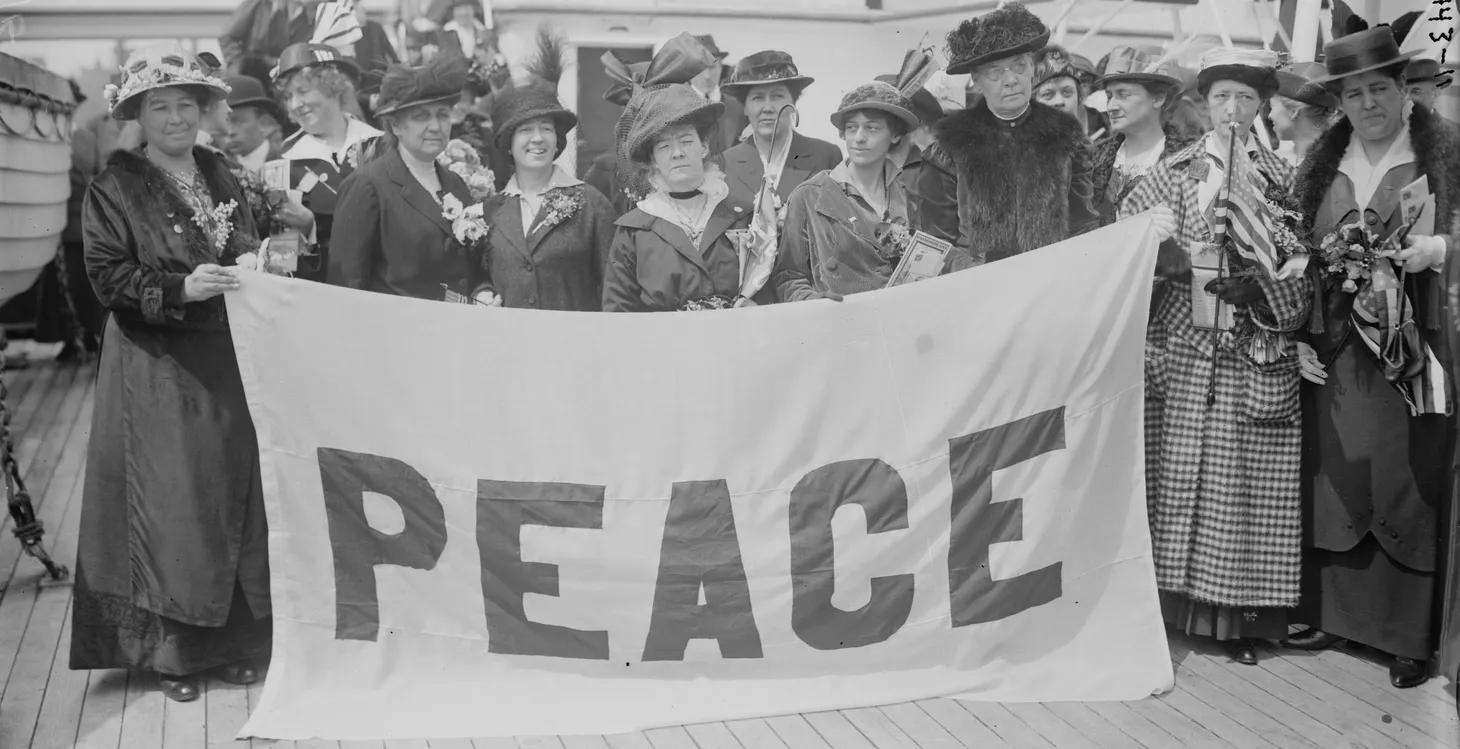AP World Unit 8
Discussing the Legacy of New Imperialism in the Classroom
Discussion of an end of unit activity on New Imperialism
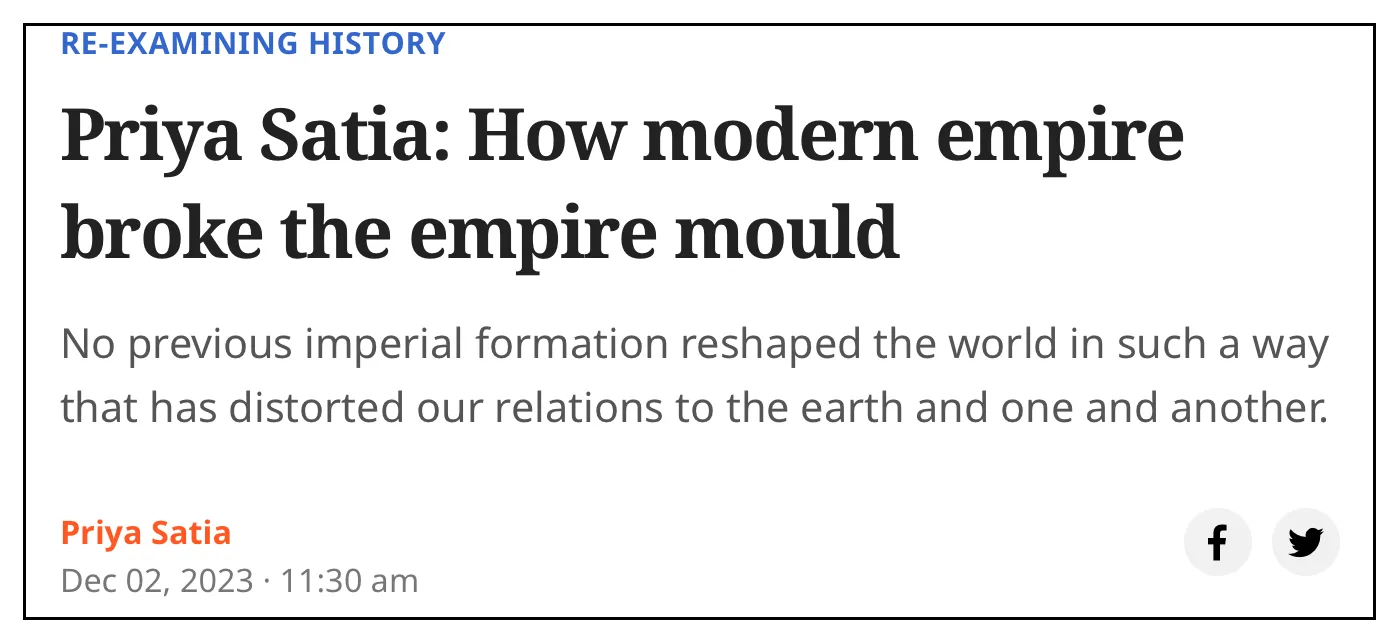
“A Free State with Full Sovereignty”: Amazigh (Berber) Anticolonialism and the Republic of the Rif in Morocco
Discussion of Amazigh (Berber) independent state as example of anticolonialism
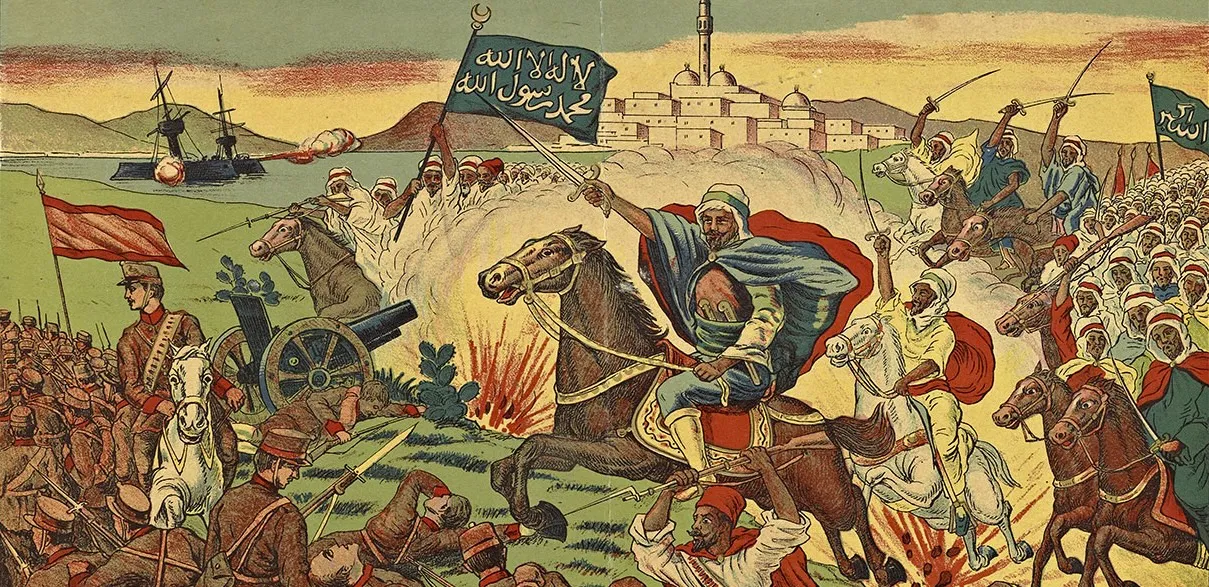
“Indirect Ways of Expressing our Patriotism”: Centering Women in Teaching Anticolonialism in the 1920s and 1930s
Discussion of teaching women’s anticolonialism in the 1920s and 1930s

“Expose the Hollowness of Moral Pretensions”: Gandhi on Non-cooperation and Anticolonialism in 1920
Discussion of how Gandhi saw non-cooperation as a response to events of 1919 and 1920
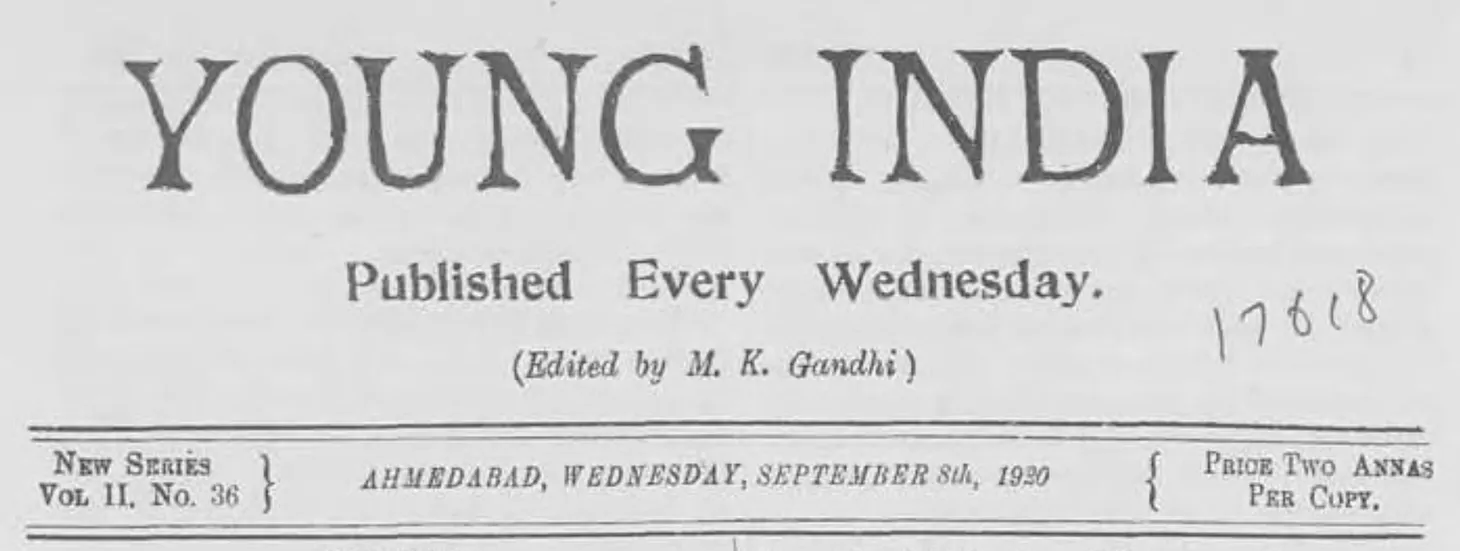
“The World Will Be Reconstructed”: Four Visions of Anticolonialism in 1920
Discussion of how to teach the various anticolonial strategies of 1920.

“All the Women of Cairo Would Have Taken Part”: Huda Sha’arawi and Egyptian Women’s Participation in the 1919 Revolution
Discussion of Huda Sha’arawi’s description of her participation in the Egyptian Revolution of 1919
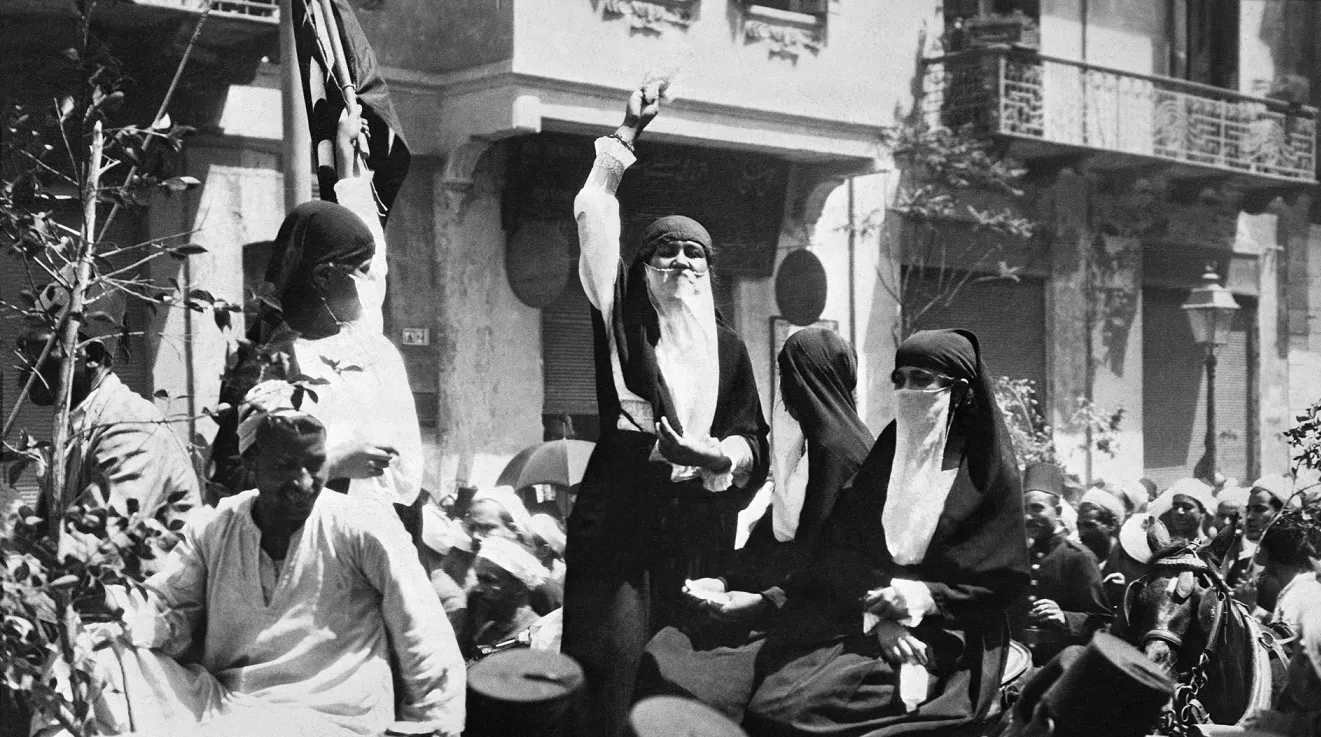
“For the Right of Every People to Govern Themselves”: Challenging Empire in 1919
Discussion of how to teach 1919 as the start of decolonization.
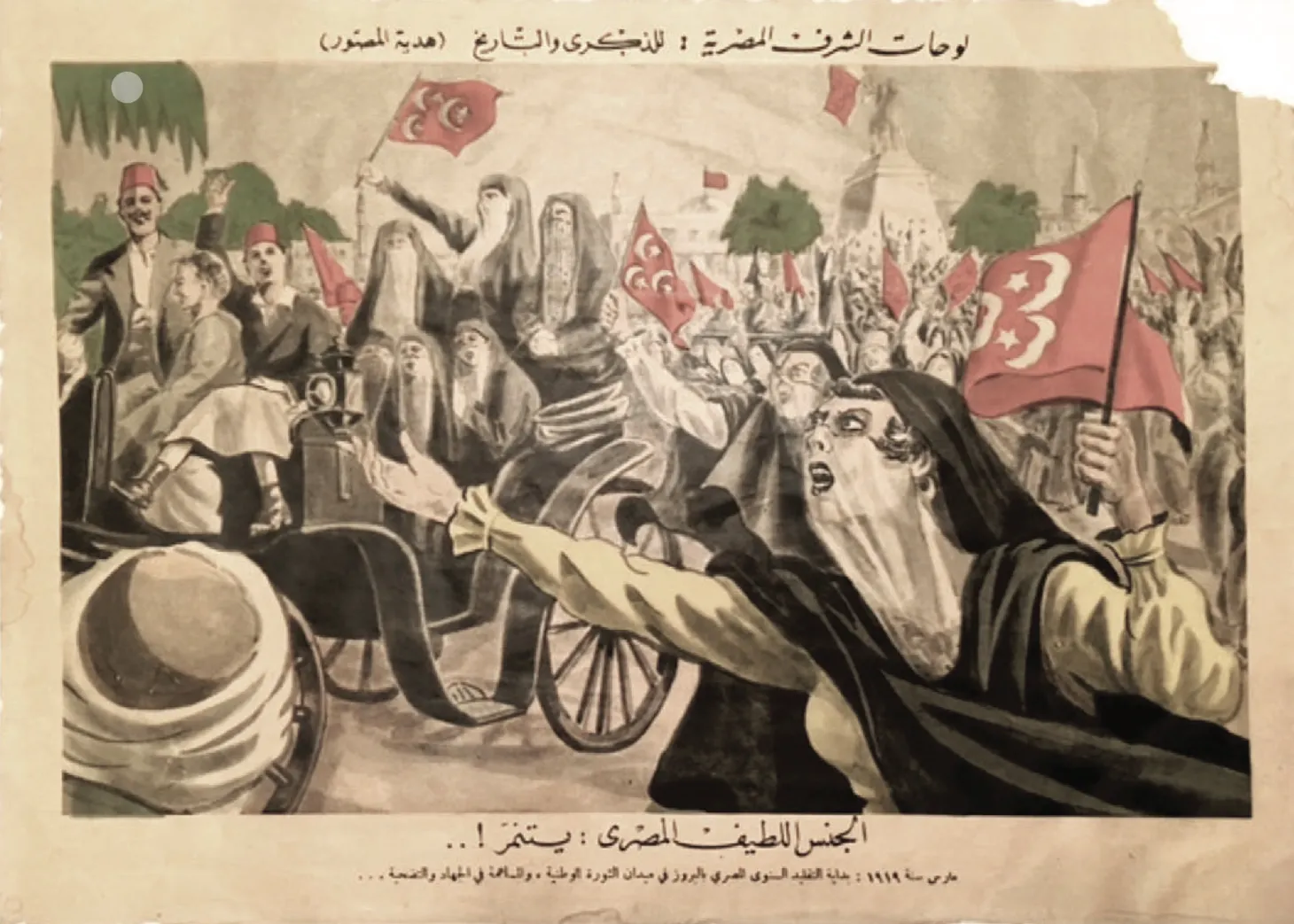
“Colonialism in all its Manifestations is an Evil”: Teaching Decolonization, 1914 to Present
Discussion of how to teach decolonization in world history courses and centering the agency of colonized peoples

“The Function of Militarism is to Kill”: Emma Goldman and Questioning the First World War
Discussion of Emma Goldman and resistance to war during the First World War

“They Know the Peacebreakers but not the Peacemakers”: Teaching Dissent, Pacifism, and Women’s Activism in the First World War
A discussion of women’s peaceful protest during the First World War and using secondary sources in the world history classroom.
